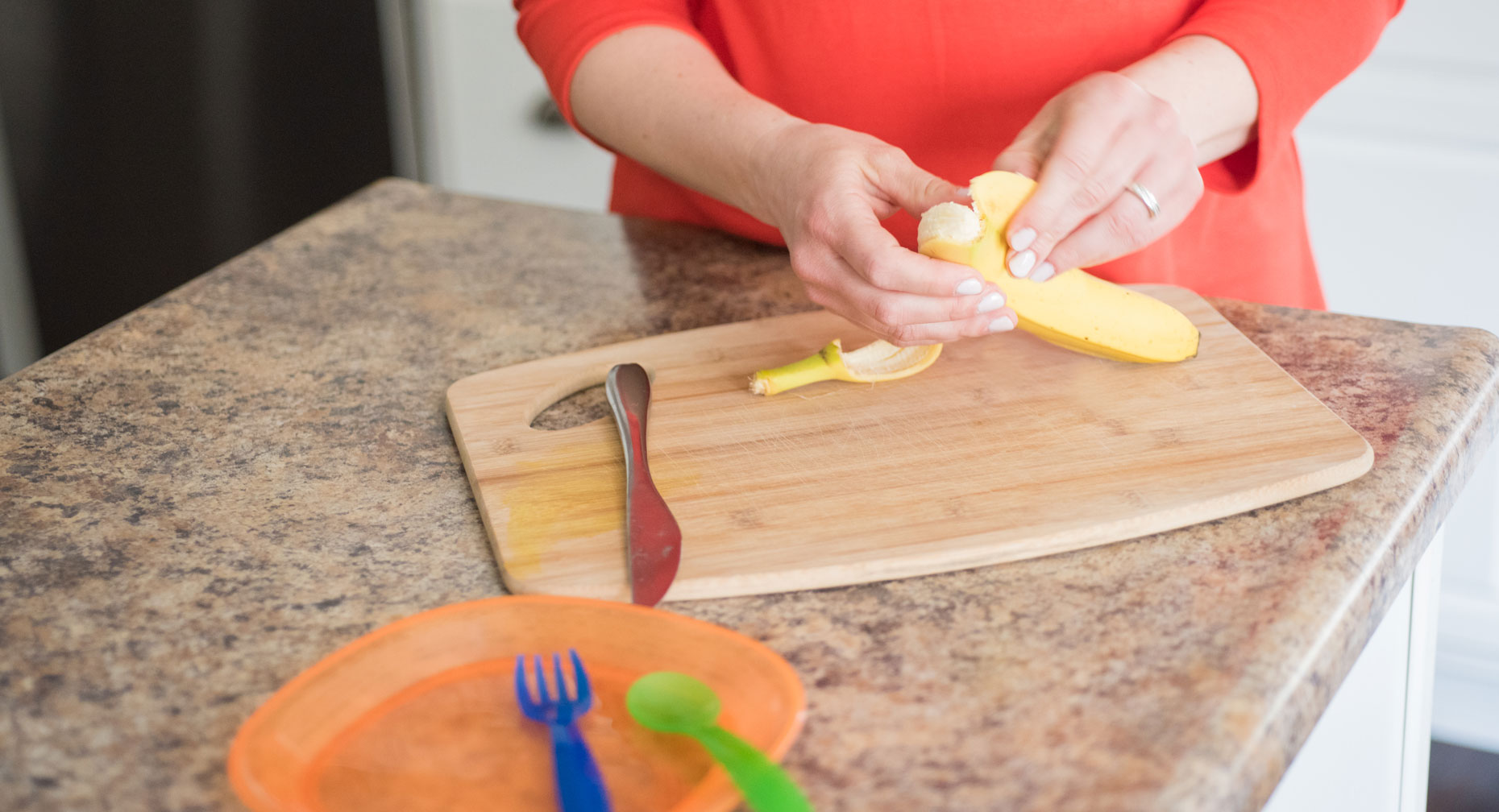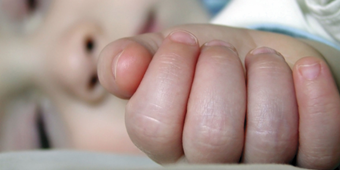How to Keep Your Baby Safe From Choking

Find Your Perfect Match
Answer a few questions and we'll provide you with a list of primary care providers that best fit your needs.
It's a parent's nightmare: you leave the room for a moment and come back to find your baby choking.
How can you prevent this from happening? And, if it does, what can you do to save your baby’s life? You don’t need to live in fear – that doesn't help anyone. Instead, take steps to make sure your home is safe and learn what to do in a choking emergency. Being proactive can help you be more calm and confident as you care for your child.
6 Steps to Prevent Accidental Choking:
- Food accounts for half the incidents of accidental choking. When your child begins to eat finger food, make sure it’s cut up into tiny pieces that don’t require chewing. You’ll need to do this until enough teeth come in so she can actually chew.
- Keep watch on your children while they’re eating. This will make mealtime more fun and calm, anyway. They should sit down whenever they have food in their mouths (easier said than done, we know!).
- Look at your surroundings through your baby’s eyes. Scan for and remove choking hazards. These can include pen/marker caps, buttons, beads, coins, jewelry, stones, marbles, uninflated balloons, your older child’s toys, etc.
- Only buy toys meant for the age of your child. We all think our children are exceptional, but the recommendations are important. Also, look at your family’s toys often to make sure that they are in good condition, with no broken parts that could cause choking.
- Keep children away from small magnets (this includes the magnets found in adult stress relief games, toys, refrigerator magnets, etc.). If you think that your baby may have swallowed a magnet, be on the lookout for pain, nausea, vomiting or diarrhea and immediately call your doctor.
- Supervise older children with your baby. Often, choking accidents happen because a sibling gives a dangerous toy or piece of food to a baby. Make a game out of teaching your older children what items are dangerous for the little one.
What To Do in a Choking Emergency
If your baby is violently coughing, inhaling with a high pitched noise, unable to breath or cough or turning blue, you need to take immediate action. Depending on whether your baby is alert or unconscious and if you are with others or alone, your response will be different.
Look at your surroundings through your baby’s eyes. Scan for and remove choking hazards.
- If your baby is struggling to breathe
- Don’t put your finger down her throat (it could push the object down).
- Tell someone to call 9-1-1.
- Do the Heimlich maneuver. Hold your baby on your arm, stomach down. Pound the heel of your free hand between the baby’s shoulder blades five times. If the object is not out, place your baby on her back and push down quickly five times (up to an inch) with two or three fingers on the breastbone. Check to see if the object is free. If not, repeat these steps.
- If your baby is unconscious/stops breathing and you are not alone
- Tell someone to call 9-1-1.
- Lay your baby on her back on a hard surface.

- Start CPR. Place two fingers on the center of your baby's chest, and press 30 times fast – around 1.5 inches down. Move her head back and pull her chin down to look for an object. If you see one, very carefully try to move it to the side. Give two rescue breaths: with her head tilted back, completely seal off her mouth and nose with your mouth. Puff twice, gently. If her chest doesn't rise, try again. If she doesn't start breathing, start again with the cycle of chest compressions and rescue breaths until help arrives.
- If your baby is unconscious and you are alone
- Lay your baby on her back and start CPR (as above).
- Do CPR for two minutes (5 cycles).
- Call 9-1-1.
- Repeat CPR until the ambulance arrives, or your baby begins breathing.
Find Your Perfect Match
Answer a few questions and we'll provide you with a list of primary care providers that best fit your needs.
Source: Safekids.org; healthykids.org




